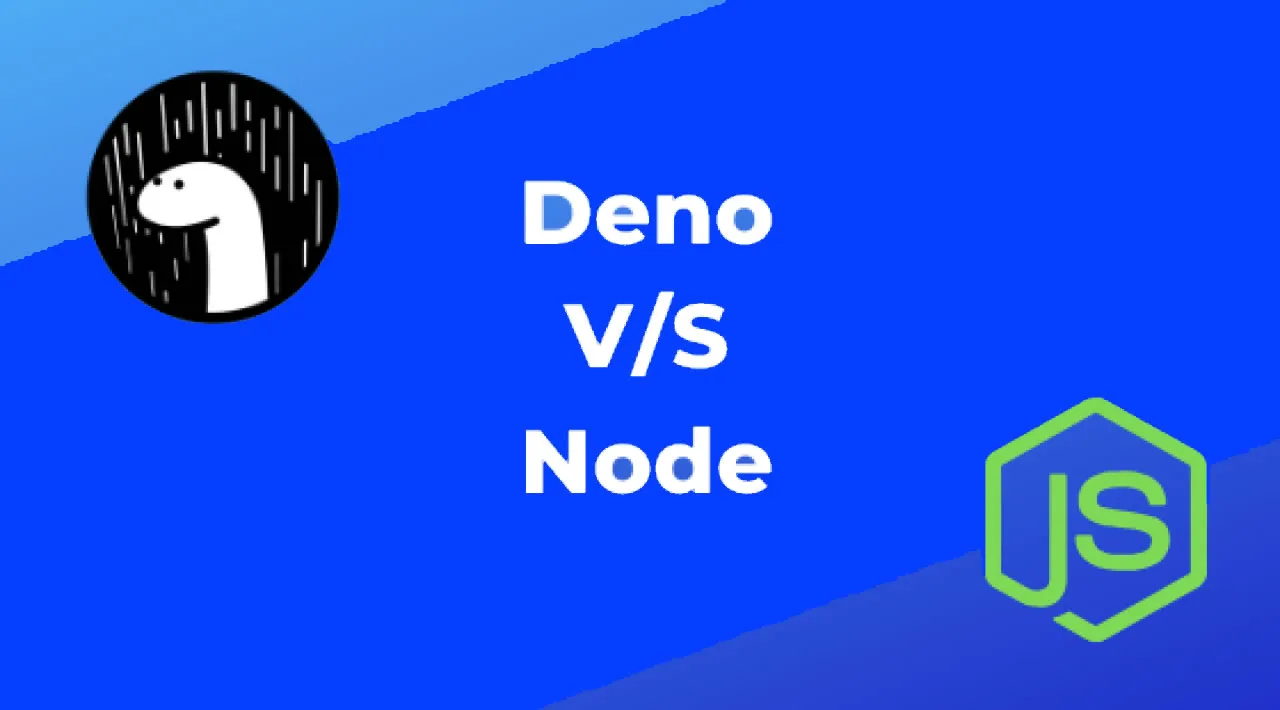Deno is the latest alternative to Node created by one of Node’s original founders. Will it match Node’s popularity? Tutorial and Deno vs Node comparison.
As far as Javascript runtime environments go, there is Node and not much more. But the creator of Deno, a former Node.js founder, decided to change that. Now, that Deno is released, it’s time to find out if it can prove a worthy competition for Node.js.
The Deno project started back in 2018 when Node.js creator Ryan Dahl announced the development of Deno in a talk called “10 Things I Regret About Node.js”. Yes, it says it all. So what’s the deal and why we need an alternative to Node anyway?
What are we going to cover?
In this article, you’re going to learn:
- what is the Deno software and why it can be considered an alternative to Node,
- the main differences between Deno and Node in terms of approach to various web development issues and performance,
- what is it like to write a simple Deno app,
- is Deno mature enough to be used in production already?,
- is it worth the effort to learn for an experienced Node developer?
Let’s get right to it!
What is Deno?
Deno is a safe and stable runtime environment for JavaScript and TypeScript baked on the V8 engine (TypeScript support is a big selling point for Deno). It’s written in Rust. The creators of Deno had the intention of taking full advantage of all the latest features of the JavaScript language. For example, its API supports the Promise object and uses the ES module as a default module system. They also designed to be self-sufficient – no external dependencies required. Safety is a major design priority in Deno. All-access operations to the disc or online must be explicitly issued in the script.
#deno #node #javascript #web-development #programming
